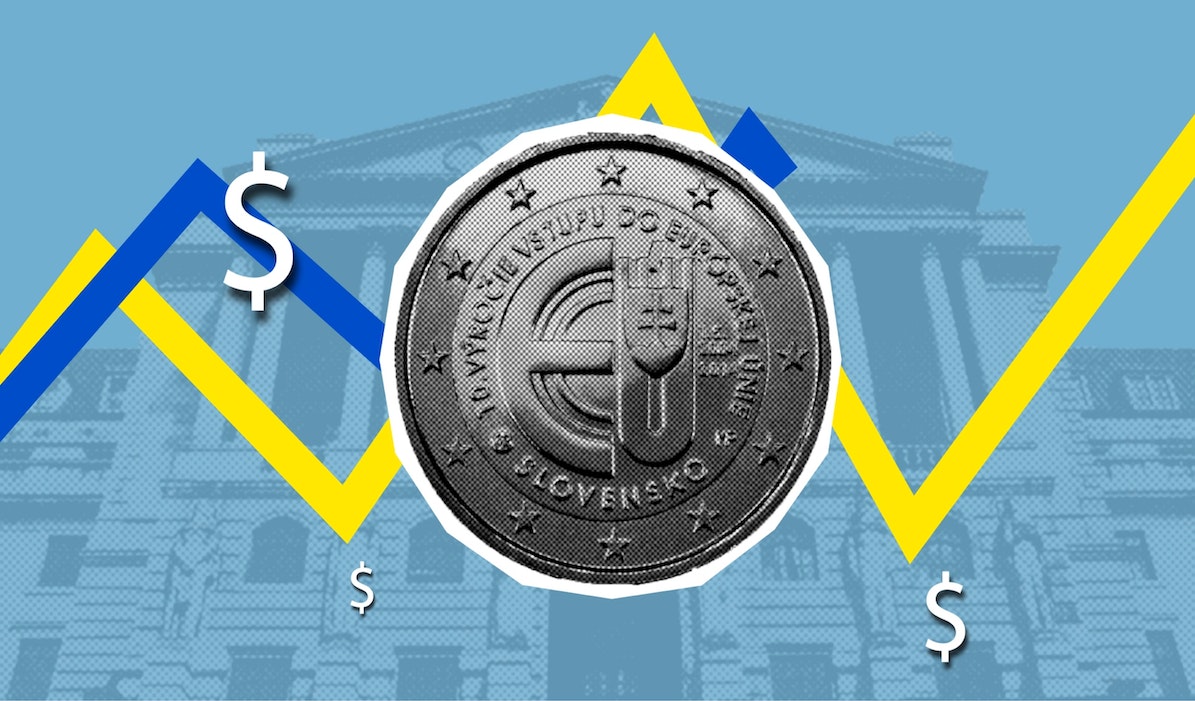In 2023, the world economy will still be dealing with many macroeconomic problems. In its annual economic outlook in 2022, the IMF said that growth would be slow worldwide in 2023. It paid particular attention to three things:
- High inflation and tightening by the central bank
- Russia’s continuing invasion of Ukraine
- The still present effects of COVID, especially in China
Here are the top 5 trends to consider in 2023 in the world economy, cities, business environment, industrial production, and commodities market.
1. Central Banks Go Separate Ways
Based on what has happened in the past few years, you might think that all central banks work together with a single theory. But things will be very different this year. As local problems outweigh global forces, there will be a broader range of decisions. So, note the new pattern when the US Federal Reserve finally starts to change course in the coming months. But don’t assume that the rest of the world will follow suit immediately.
We also asked, Frank Glemstone, an online money loans expert from MoneyZap, who has some of experience and expertise in questions regarding the banking system and finances in general about the future of the banking system and he replied with the following quote “Better to have consistent personal financial options and always be prepared in any given situation”.
2. New Pressure on Unlikely Russian Oil Buyers
After sanctions, it’s not surprising that Russia has been looking for other buyers for its oil. But we weren’t sure which countries would take their deals. Australia, Britain, Canada, and the U.S. have all banned buying oil from Russia outright. The Group of Seven (G7) countries have also agreed to refuse or stop buying Russian oil by May 8, 2022.
But China and India, indifferent to Russia, are getting discounts on their crude oil. In March 2022, China and India bought more oil from Russia than the 27 EU member states did as a whole.
If oil supplies remain in 2023, experts say Russia could become India’s leading supplier. Other countries, like Sri Lanka, which has been through a tough economic time, have also bought cheap crude oil from Russia out of need.
3. Chinese Tourists Are Coming Back to Asia
In 2019, there were more than 260M tourists in the Asia-Pacific. This led to the creation of almost 190 million jobs in the area. The pandemic hit, China shut down, and international travel hasn’t been the same since.
China’s ban on travel has made a massive hole in the international tourism business. More than only hotels and restaurants are affected. When Chinese people traveled abroad, the money they spent there added to the foreign currency reserves of those countries.
But there might be a big break coming. After China reversed its COVID controls at home, Beijing ended its restrictions on international travel. But with the rising number of cases in China, there are new challenges. Some popular tourist spots, like Japan, have asked for new mandatory tests for Chinese travelers. Low consumer confidence and the loss of jobs and savings due to the pandemic will also slow travel recovery.
4. The Real Economy, Not Cryptocurrency, Will Lead the Way.
Cryptocurrency lost two trillion dollars in 2022, and we can’t say things will improve in 2023. But what is more worrisome is how the interest in crypto compares to other economic issues.
Two trillion dollars is, of course, a lot of money. But the world’s gross domestic product (GDP) is around $100 trillion. And despite Crypto being a new show, characters like Sam cBankman-Fried make it hard to turn away.
But 2023 will be the year when the real economy gets back at the fake economy. Central banks will move forward with their digital currencies. A global recession will hurt a lot more people than FTX ever could. And China’s ability or inability to make things will determine the future of millions.
5. G20 Voters to Have Fewer Avenues to Express Discontent
According to our new research, 2023 is shaping to be a quiet year for elections in large economies. In the last 15 years, the global economy has only grown by less than 2% (a good indicator of a global recession). And the Group of Twenty (G20) nations have only held so few elections once.
Only Argentina and Turkey are set to have national elections in 2023. (Turkey is the 17th largest economy in the world, and Argentina has been out of the top twenty for a long time.) Both countries have big inflation problems, but only one has just won the World Cup.
So, unless there is another snap election in a parliamentary democracy, people in none of the G7 countries will be able to show how unhappy they are during a bad year for jobs and GDP.
